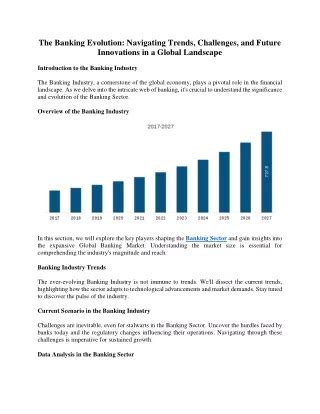navigating the global panorama of cryptographic taxes
The rapid growth of cryptocurrency has transformed the way in which people and companies interact with financial markets. However, as the value of cryptocurrencies continues to increase, so do concerns about their tax implications. In this article, we will deepen the current state of cryptographic taxes worldwide, highlighting key considerations for both individuals and companies.
International Marcos
To address the complex global panorama, governments have established severe international frameworks aimed at regulating cryptographic transactions. The Most Notable Include:
- OCDD Standard of Common Reports (CRS) : Developed by the Organization for Economic Cooperation and Development (OECD), CRS is a standardized framework to inform financial information of high -risk economies to their respective tax authorities. Although it does not focus exclusively on cryptocurrencies, it has had significant implications for the global cryptography market.
- Fincen Regulation : In the United States, the Financial Crimes Compliance Network (Fincen) Regulates Cryptocurrency Transactions Under the Bank Secret Law (BSA). These rules require companies and individuals to denounce certain financial activities, including cryptocurrency operations.
Key Tax Considerations
As the Cryptographic Landscape Continues to Evolve, Several Key Fiscal Considerations Have Emerged:
- Fiscal Classification
: Cryptocurrencies are subject to taxes, as are traditional assets. The fiscal classification of cryptocurrencies will probably continue to be a controversial issue, and some argue that they should be treated as property instead of value.
- Tariffs and Commercial Expenses : Companies Operating in Cryptographic Space Often Incur Significant Commercial Rates, which can result in substantial expenses. These costs must be deduced from the company’s profits by informing tax obligations.
- Interest income tax : Cryptocurrency investors generally have their assets in wallets or exchanges, where they generate interest income. However, this income is not subject to taxes by the individual investor, but for the Custodian or the exchange that the asset possesses.
Specific Regulations of the Country
Each Country has its Unique Regulatory Framework for Cryptographic Transactions:
- United States : The law of tax and jobs (TCJA) introduced significant tax reforms in 2017, including a new definition of cryptocurrencies and a provision that allows companies to deduce commercial losses.
- China : The China Ministry of Commerce issued regulations that require companies that operate within the Country Register for Fiscal Purposes and Inform Certain Transactions.
- Singapore : The Moneary Authority of Singapore (MAS) has established guidelines for cryptocurrency and custodian exchanges, describing rules for reports and taxes.
Implementation Challenges

The navigation of global encryption taxes Several Challenges:
- Jurisditional Complexity : Cryptocurrencies are offten marketed in multiple jurisdictions, which makes it difficult to determine which laws and regulations applying.
- Lack of Standardization : There is currently no standardized framework to inform cryptocurrency transactions or calculate tax liabilities.
- Uncertainty Regulatory : The Regulatory Landscape Continues to evolve rapidly, with new rules and guidelines that emerge regularly.
Best Practices for Companies
To minimize the risks associated with Cryptographic Taxes:
- Stay Informed : Regularly review the Specific Regulations of the Country and International Frameworks to Guarantee Compliance.
- Look for Professional Advice : See with experienced fiscal advisors or financial experts to navigate complex regulatory problems.
3.
